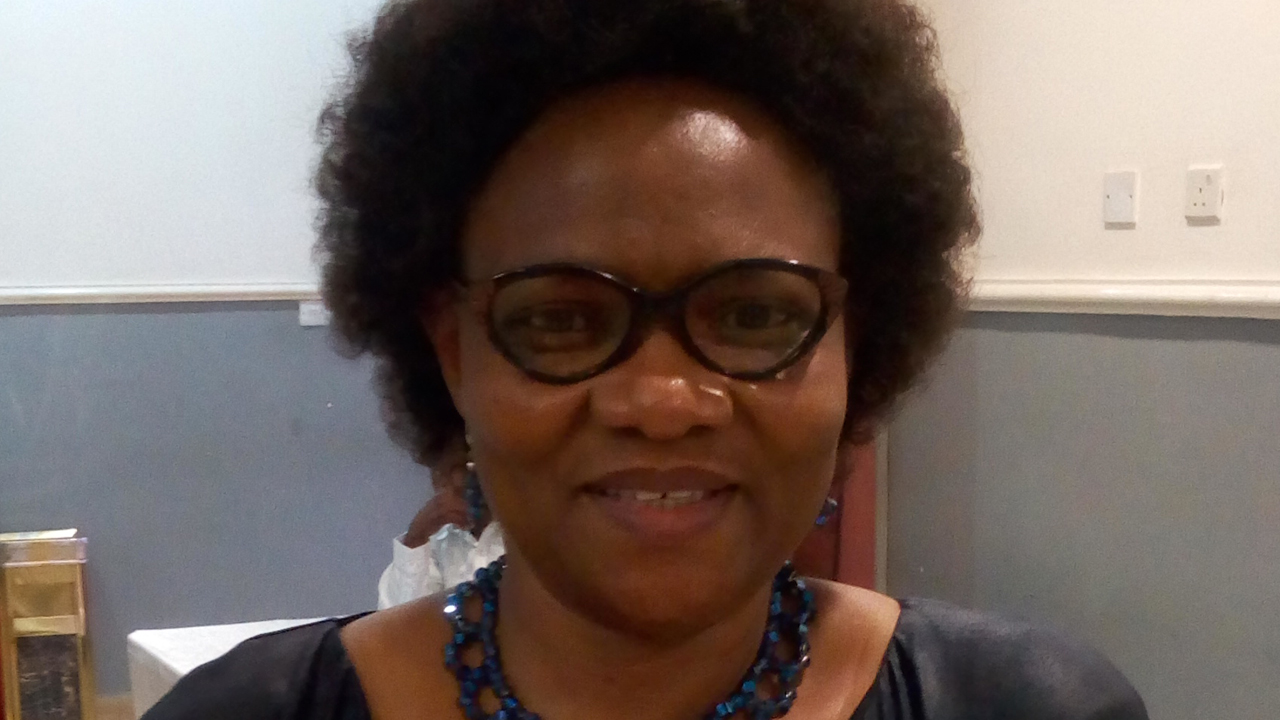
62% Born Outside Health Facilities
The United Nations Children Education Fund (UNICEF) has expressed concern over the alarming low level of birth registration in the country, saying of the under one seven million children born annually, only 1.4m are registered.
Besides, agency lamented that about 62 per cent of children were born outside health facilities in Nigeria.Its Child Protection Specialist, Sharon Oladiji, in her presentation at a two-day media dialogue on birth registration organised in collaboration with the Federal Ministry of Information in Kano, stressed the need for a strong advocacy at all state levels to support birth registration.
Of the 32m under-five children projected population for this year, Oladiji said only eight per cent are registered, adding: “People are not registering births because they do not know. Not many states have done well in the course of the year.”
Apart from lack of awareness, she also identified inadequate workforce as part of the problems hindering effective birth registration in the country, saying of the 24, 890 available health centres, there are only 799 registration officers.
Oladiji said with effective birth registration, government would be able to formulate appropriate policies for the betterment of the citizenry, saying: “With birth registration, government will be able to know the number of schools to be built, projects to undertake and health workers to employ.
“In 2016, registered births under age one was 2,519,071, which amounted to 51 per cent of estimated births in the country, while about 57 per cent was registered in 2017.“It is, therefore, worrisome in 2018, where the performance of birth registration is only 32 per cent. This also shows that all the states have low registration and this can be traceable to some limitations, which must be urgently addressed.”
Oladiji further expressed concern that about 40 per cent of women in the country access healthcare facilities, which is a major problem in birth registration and advocated the establishment of additional health centres, employment of more health registrars, as well as continuous sensitisation of the public on the importance of birth registration in the country.
Earlier, the Minister of Information, Culture and Tourism, Alhaji Lai Mohammed, stressed the need for widespread media campaign to enlighten and create awareness in homes, communities and at all levels of government on birth registration.
Represented by the Head, Child Rights Information Bureau, Advocacy Unit in the Ministry, Mr. Olumide Osanyinpeju, the minister said birth registration is crucial for effective planning and to give identity to every Nigerian child.
He commended UNICEF for its support and partnership with the Federal Government in ensuring that birth registration process yield achievable results.Eighteen states and the Federal Capital Territory (FCT), with under-five population projections, totaling over 20 million, are being considered for integrated birth registration uptake approach.
[ad unit=2]



